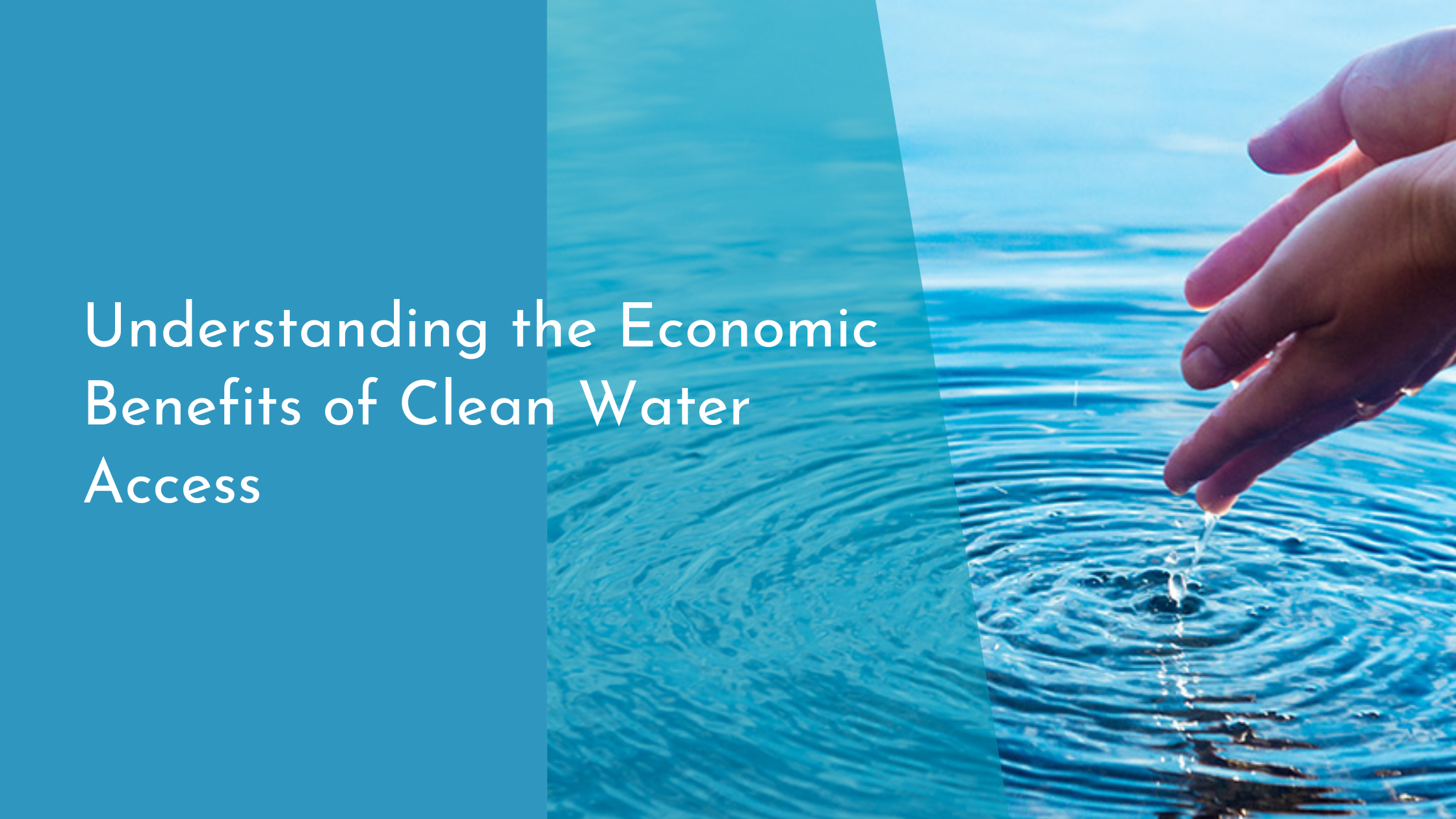Understanding the Economic Benefits of Clean Water Access
Access to clean water is not merely a basic human right but a cornerstone for economic growth and prosperity. Around the globe, communities that enjoy clean water access see myriad economic benefits, from improved health outcomes to sustainable development. As we explore the economic advantages of clean water, it becomes clear that investing in water infrastructure and management is not just a moral imperative but an economic necessity.
The Economic Impact of Clean Water Access
Clean water access directly influences a community’s economic prospects. Regions with reliable water sources tend to attract more business investments, creating job opportunities and contributing to economic growth. Companies are more willing to establish operations in areas with good water management practices, as it reduces operational risks associated with water scarcity or contamination. Additionally, clean water infrastructure, such as treatment facilities and distribution systems, stimulates job creation both during the construction phase and in ongoing maintenance and operations.
Moreover, clean water access leads to increased property values, providing economic uplift to communities. Properties in well-serviced areas command higher prices, driving up local tax revenues which can be reinvested into public services and infrastructure. In agricultural sectors, access to clean water increases productivity, enabling farmers to produce higher yields and better quality crops, which translates to increased income and market competitiveness.
Boosting Public Health and Productivity
Clean water is instrumental in improving public health, which has a direct correlation with workforce productivity. Access to safe drinking water reduces the incidence of waterborne diseases such as cholera and dysentery, leading to fewer workdays lost to illness. Healthy populations are more capable of engaging in economic activities, contributing to increased productivity and economic stability.
Investment in clean water infrastructure also reduces healthcare costs, freeing up public funds for other critical areas of development. Families spend less on medical expenses, allowing them to allocate resources to education and other essential services. With a healthier population, governments can focus on building a skilled workforce, ultimately driving innovation and economic growth.
Clean Water’s Role in Sustainable Development
Clean water access is pivotal for achieving sustainable development goals. It supports ecosystems that are crucial for biodiversity and climate regulation, ensuring long-term environmental health and resilience. Water is essential for energy production, particularly in hydroelectric systems, supporting a renewable energy transition that many economies are prioritizing for sustainable growth.
In urban settings, clean water access is a key component in developing smart cities. Efficient water management systems reduce waste, lower costs, and enhance the quality of life for residents. This, in turn, attracts skilled professionals and innovative businesses, fostering an environment where economic development is aligned with environmental sustainability.
Concluding Thoughts on Clean Water’s Benefits
Understanding the economic benefits of clean water access is crucial for prioritizing investments in water infrastructure. The ripple effects of providing clean water extend far beyond immediate health improvements, solidifying the foundation for prosperous communities and robust economies.
In conclusion, the far-reaching economic benefits of clean water access cannot be overstated. From boosting public health and productivity to underpinning sustainable development, clean water is a catalyst for economic growth and prosperity. By ensuring access to clean water, we set the stage for enhanced quality of life, environmental sustainability, and economic resilience. Investing in water resources is investing in a brighter, more equitable future for all.

